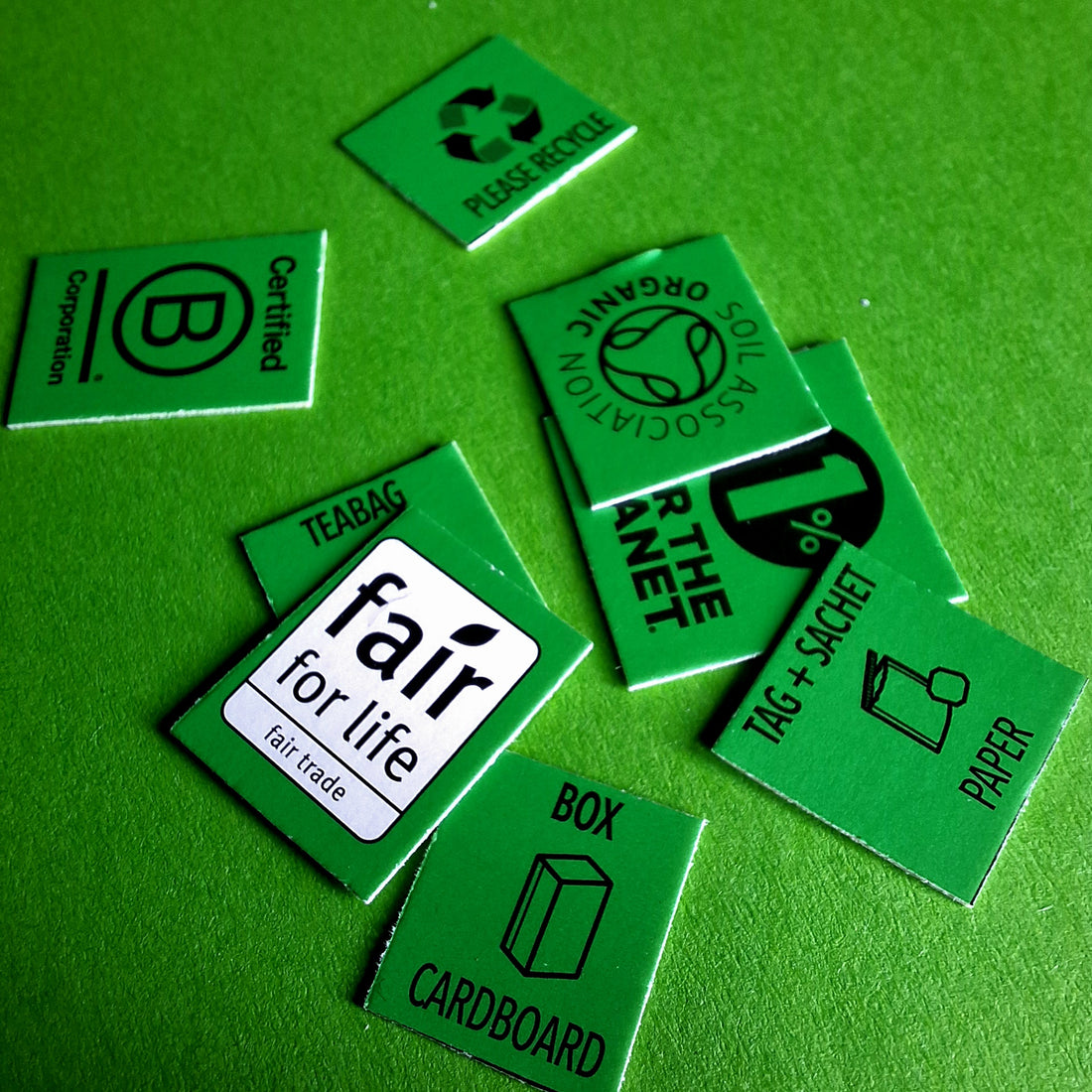Consumption and production are driving many of the problems our world faces, most notably damage to the environment and increasing inequality (1). As such there is a call to consume and produce less (2). Yet economies are built on consumption and production. Just a drop in consumer spending this year, was enough to tip the UK’s economy into its current recession (3) but many factors feed into a declining economy. For us in the UK it currently pertains to factors like inflation, higher interest rates, the cost-of-living crisis, and war, particularly in Ukraine which has significantly impacted energy costs. Commodities cost more.
Collectively, the relationship of these factors to the economy can be characterised as reinforcing feedback loops and essentially their increase has detrimentally affected the economic system. What’s needed to counter the amplifying nature of reinforcing feedback loops are balancing feedback loops. The Bank of England’s incremental increase in interest rates is a case in point. It’s a mechanism they have used to curb inflation, to bring it down towards a target of 2% but as anyone now renewing their mortgage knows, higher interest rates hit your pocket. Yet where is the added interest on your loan going? Judging by Lloyds Bank recent profits, the banks yet again seem to be profiting from others misfortune (4). This all highlights the complexity of systems as interest rate rises can be seen from two perspectives, the macro, the system as a whole and the micro, the people nested within.
To drive us out of recession and onto the path of economic growth we are told we need to make more, and we need to consume more. As a recessive tipping point, if we’d have spent more in the shops, we may not be where we are today, in recession but if things didn’t cost more, we would have more to spend. It seems a contradictory situation, so how might we square this circle?
Economies need to grow else they stagnate or decline. Even Meadows and her colleagues acknowledged the need for growth (2), yet it seems evident growth in economic terms fluctuates, there’s boom and bust, inflation and deflation, recession, and whatever its opposite might be. Yet the trajectory of growth, in all its forms which the world still seems to advocate, is a trajectory set to collapse. For over half a century now, too many reinforcing feedback loops are being left unchecked (5, 6, 7, 8).
Degrowth marks one move away from the precipice but does degrowth equate to economies not growing? Again, it’s a complex notion but degrowth seems to counter the need for economies to grow (9), the word seems to imply it and whilst it may provide answers, it is conceptually difficult to promote. I can’t imagine any political party standing on a stage promoting Degrowth in the upcoming general election whilst the tune Things, Can Only Get Better blairs out. Yet things need to change.
Presently the economy constructed for us is deemed divisive and degenerative. It favours the rich and what is needed, as Raworth states is an economy which by design is more distributive and regenerative (1). It’s a way forward where, from the bottom-up things could get better but from the 1% down, they are probably happy to continue controlling wealth, trickling the pennies down.
As ever more questions remain and develop than I can ever understand and answer but forward we tread. Looking at pathways of Degrowth, and Green Growth or to a concept I conceive as Regrowth. I’m unsure as to what Regrowth presently looks like but it’s a start and as a brand or a banner, it is perceptually better than Degrowth, just for the message it conveys but it must be better than Green Growth too because that is also fraught with problems. Neither Degrowth or Green Growth necessarily advocate each other’s position so maybe we can take the best of both worlds, combining Degrowth and Green Growth into what I feel the world needs, Regrowth. I could never build on this alone but together the notion of Regrowth could take root and grow into something special.
References
- Raworth, K. (2022) Doughnut Economics Seven Ways to Think Like a 21st-Century Economist. UK: Penguin Random House
- Waters, J. (2021) ‘Overconsumption and the environment: should we all stop shopping’. The Guardian, 8 May. Available at: Overconsumption and the environment: should we all stop shopping? | Shops and shopping | The Guardian
- Jordan, D, and Islam, F. (2024) ‘UK economy fell into recession after people cut spending’, BBC News, 15 February. Available at: UK economy fell into recession after people cut spending - BBC News
- Withers, I and White, L. (2024) ‘Lloyds profit rises despite murky UK outlook and motor loans charge’, Reuters, 22 February. Available at: Lloyds profit rises despite murky UK outlook and motor loans charge | Reuters
- Meadows et al. (1972) The Limits to Growth. Available at: The Limits to Growth. A report for the Club of Rome's project on the predicament of mankind. (secureserver.net)
- Meadows, D, Meadows, D and Randers, J. (2023) Beyond The Limits To Growth. The Donella Meadows Project, Academy for Systems Change Available at: Beyond The Limits To Growth - The Donella Meadows Project
- Meadows, D, Meadows, D and Randers, J. (2004) Limits to Growth The 30-Year Update. London: Chelsea Green Publishing
- The Club of Rome. (2024) The Limits to Growth +50. Available at: The Limits to Growth+50 - Club of Rome
- Masterson, V (2022) ‘Degrowth – what’s behind the economic theory and why does it matter right now?’, World Economic Forum, 15 Jun. Available at: Degrowth: what's behind this economic theory and why it matters today | World Economic Forum (weforum.org)
